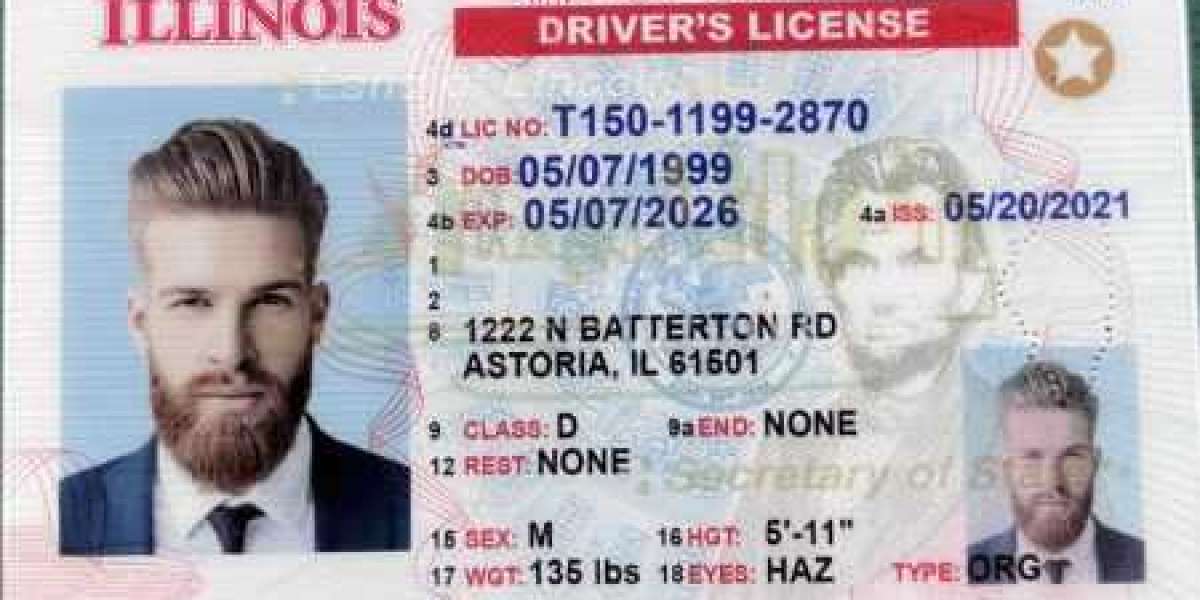A U.S. Green Card, officially known as a Permanent Resident Card, is an immigration document that grants foreign nationals the status of lawful permanent residency in the United States. It serves as proof of an individual's authorization to live and work in the country permanently. Let's delve deeper into the topic to understand the significance and benefits of a U.S. Green Card:
What is a U.S. Green Card? A U.S. Green Card is a government-issued identification card that demonstrates an individual's lawful permanent residency status in the United States. It is typically valid for a period of ten years and can be renewed indefinitely as long as the individual continues to meet the eligibility requirements.
How can one obtain a U.S. Green Card? There are several pathways to obtaining a U.S. Green Card. These include family-based sponsorship, employment-based sponsorship, refugee or asylee status, and the Diversity Visa Lottery Program. Each pathway has specific eligibility criteria, application processes, and waiting times. It is important to consult the U.S. Citizenship and Immigration Services (USCIS) website or an immigration attorney to determine the most suitable route for individual circumstances.
What are the benefits of holding a U.S. Green Card? A U.S. Green Card bestows several benefits and rights upon lawful permanent residents, including: a. Legal Status: Green card holders have authorization to live and work in the United States indefinitely. b. Employment Opportunities: Green card holders can work in any job or profession of their choice, except for positions requiring specific security clearances. c. Social Security and Medicare: Green card holders are eligible for Social Security benefits and Medicare health insurance. d. Education and Research Grants: Green card holders have access to educational opportunities, including federal financial aid, scholarships, and research grants. e. Protection under U.S. Law: Green card holders are protected by federal and state laws, ensuring their safety and rights in the United States. f. Travel Flexibility: Green card holders can travel in and out of the United States freely, although extended absences may require additional documentation. g. Pathway to Citizenship: Holding a U.S. Green Card for a certain period of time may make an individual eligible to apply for U.S. citizenship.
What are the responsibilities of U.S. Green Card holders? Along with the privileges, U.S. Green Card holders also have certain responsibilities, including: a. Residency Requirement: Green card holders must maintain their primary residence in the United States. Extended periods outside the country may result in abandonment of residency. b. Compliance with Laws: Green card holders must adhere to all federal, state, and local laws of the United States. c. Filing Taxes: Green card holders are required to file annual tax returns and report their worldwide income to the Internal Revenue Service (IRS). d. Maintaining a Valid Green Card: Green card holders must ensure that their Permanent Resident Card remains valid by renewing it before its expiration date.
Can a U.S. Green Card be revoked? Under certain circumstances, a U.S. Green Card can be revoked or deemed invalid. This can occur if the individual commits certain crimes, violates immigration laws, or fails to meet the residency requirements. It is essential to comply with all legal obligations to maintain lawful permanent residency status.
How does a U.S. Green Card lead to citizenship? After holding a U.S. Green Card for a specified period of time, typically five years (or three years for spouses of U.S. citizens), individuals may be eligible to apply for U.S. citizenship through a process called naturalization. Naturalized citizens enjoy additional rights and benefits, such as the right to vote and the ability to obtain a U.S. passport.
In conclusion, a U.S. Green Card is a valuable immigration document that grants foreign nationals the status of lawful permanent residency in the United States. It offers numerous benefits and rights, providing individuals with a pathway to live, work, and thrive in the country. It is crucial to understand the eligibility requirements, responsibilities, and obligations associated with obtaining and maintaining a U.S. Green Card.








